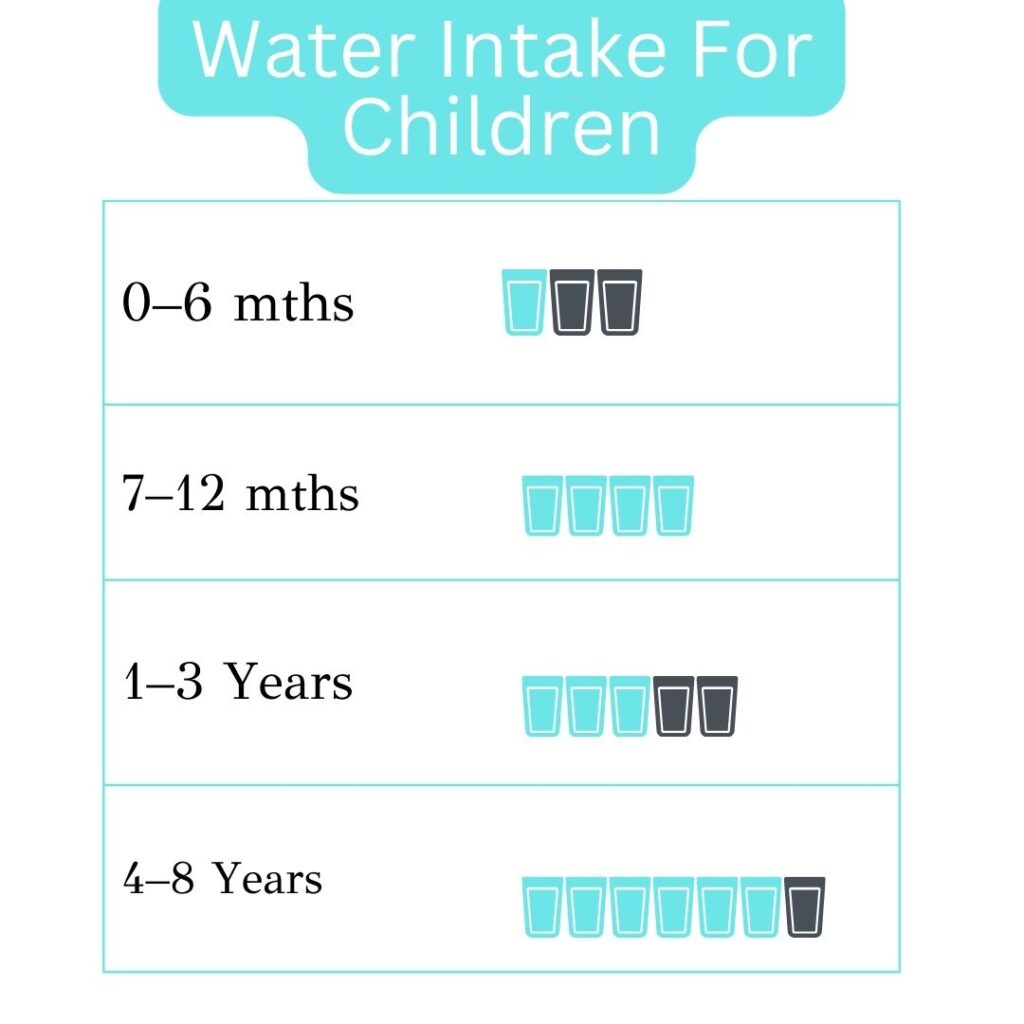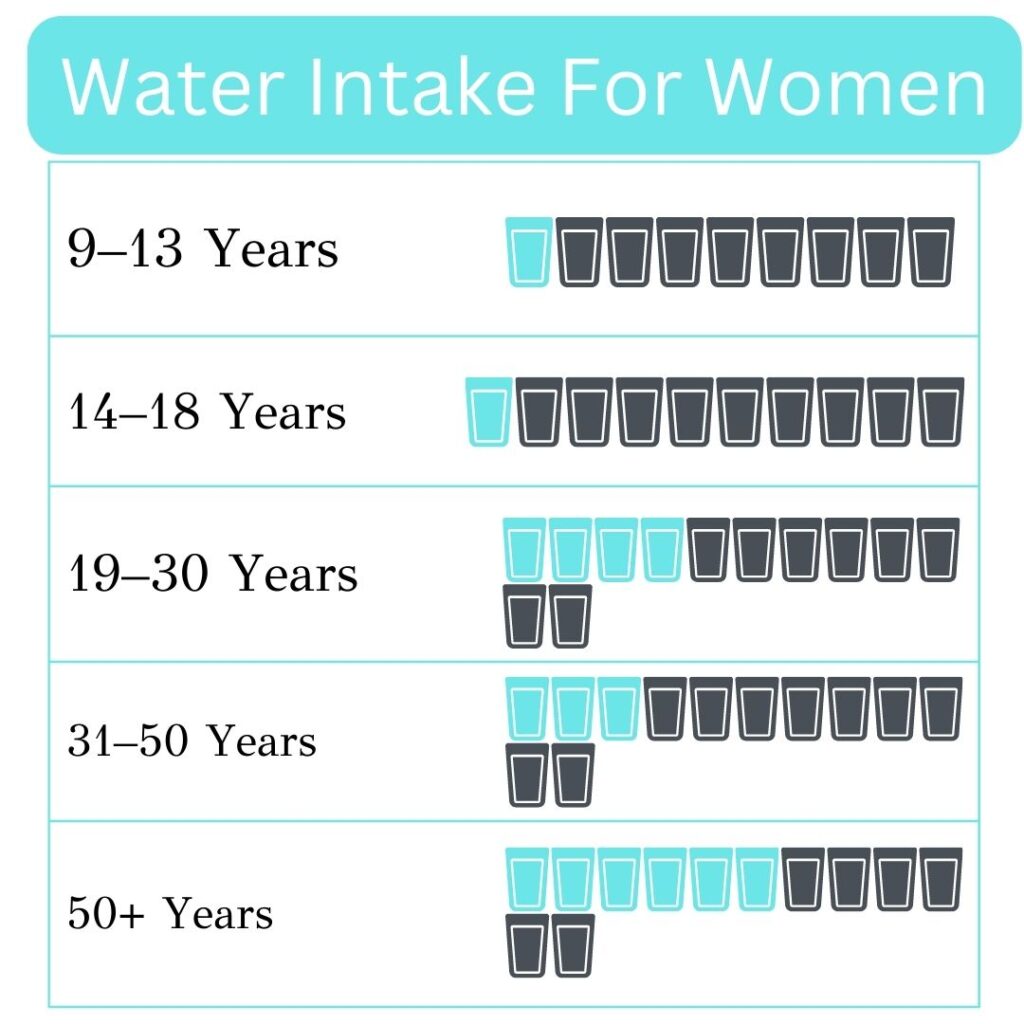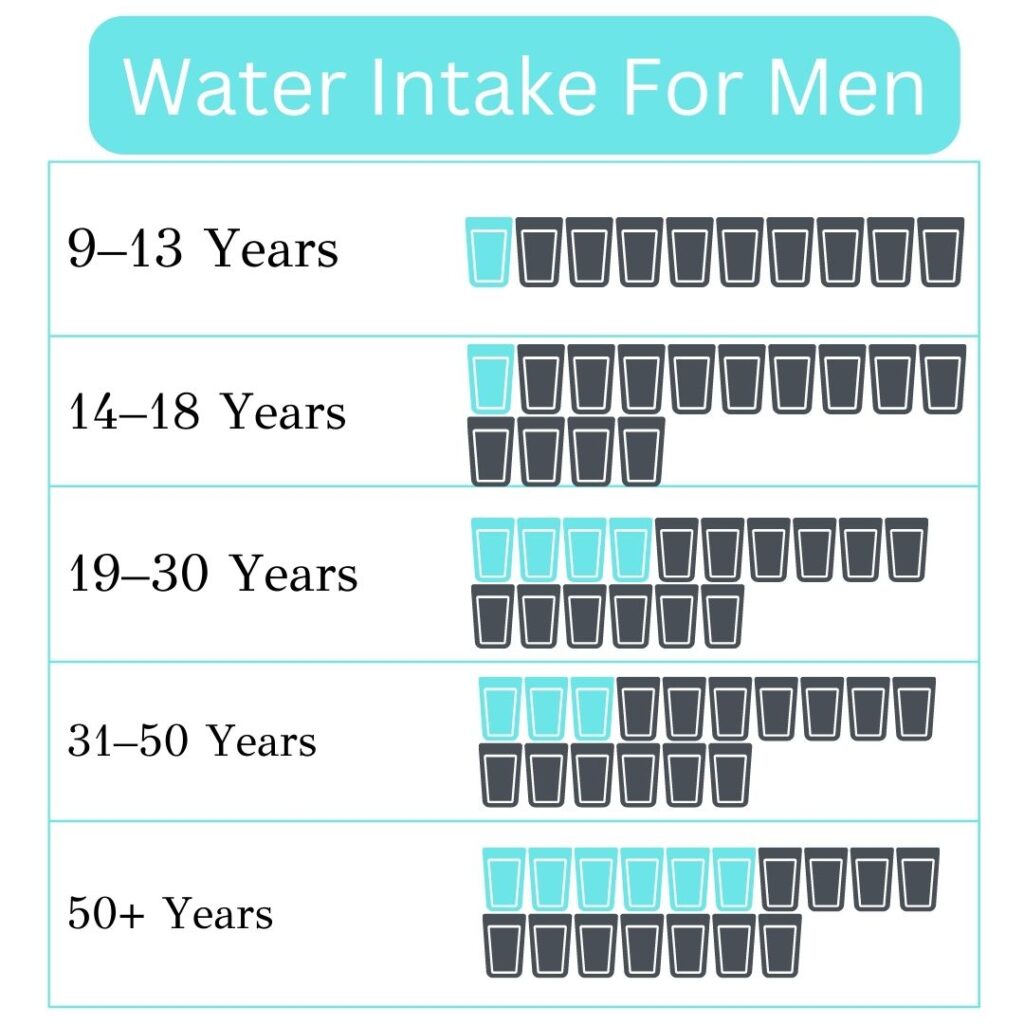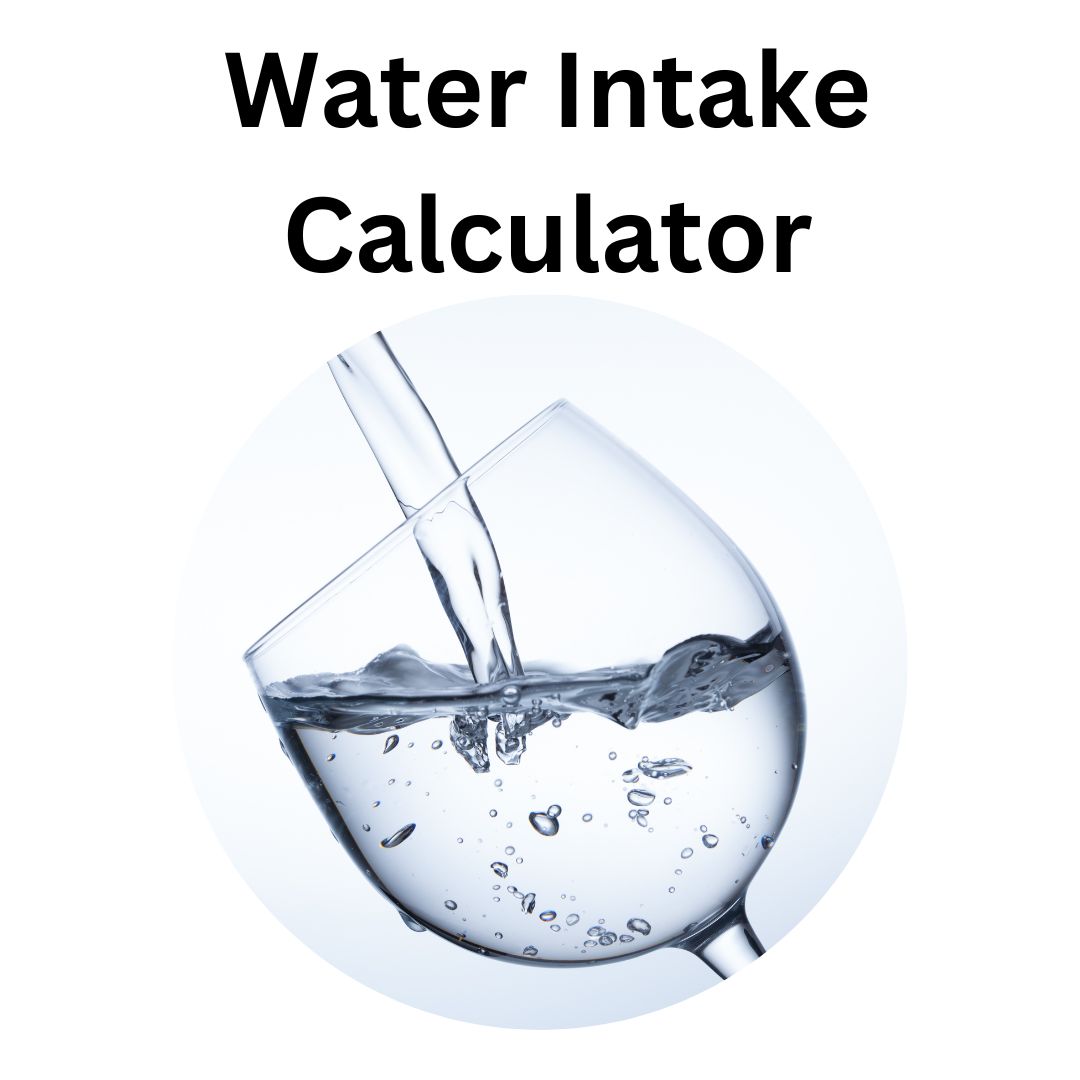Staying hydrated is essential to maintaining a healthy lifestyle, but figuring out just how much water you should be drinking can be a challenge. With so many factors at play, such as age, activity level, and climate, it can be tough to know exactly how much H2O you need to stay properly hydrated. That’s where the Hydration Calculator Based on Weight comes in.
This innovative tool takes into account your weight and other factors to give you an accurate calculation of how much water you need to drink each day. But it’s not just a one-size-fits-all solution – the calculator is tailored to your individual needs, so you can be sure you’re getting the right amount of hydration for your body.
So if you’re looking for a simple and effective way to stay properly hydrated, the Hydration Calculator Based on Weight is the perfect solution. With its user-friendly interface and personalized recommendations, you’ll be able to easily track your water intake and stay on top of your hydration needs. So what are you waiting for? Give the Hydration Calculator Based on Weight a try and experience the benefits of proper hydration for yourself!
Water Intake Calculator by Weight
Enter your weight in kilograms:
Your recommended daily water intake is: liters.
Hydration Calculator Based on Weight
A hydration calculator based on weight can be an incredibly useful tool for anyone looking to optimize their daily water intake. Here are a few key points about such a calculator:
- A hydration calculator based on weight takes into account an individual’s weight, which is an important factor in determining how much water they should be drinking on a daily basis.
- Such a calculator can help individuals track their daily water intake and ensure they are drinking enough water to stay hydrated.
- It can also be helpful for athletes or individuals who engage in strenuous physical activity, as they may need to drink more water than the average person to stay properly hydrated.
- A hydration calculator based on weight can be especially useful for those who live in hot or humid environments, as they may need to drink more water to compensate for the extra fluid lost through sweating.
- By using a hydration calculator based on weight, individuals can better understand their unique hydration needs and make adjustments to their daily water intake as needed.
Calculate your BMI using this BMI calculator in Kg and feet
How much water should I drink while breastfeeding calculator
As a breastfeeding mother you might this calculator can be an invaluable tool for you if you want to ensure you are staying properly hydrated while breastfeeding. Here are a few key points about such a calculator:
- Breastfeeding mothers need to drink enough water to produce enough breast milk for their babies, so it’s important to stay hydrated.
- A “How much water should I drink while breastfeeding” calculator takes into account a mother’s weight, as well as the age of her baby and the number of feedings per day, to determine how much water she should be drinking each day.
- It can be difficult for new mothers to remember to drink enough water while caring for a newborn, so using a calculator can help them stay on track with their hydration.
- It’s important for breastfeeding mothers to drink water throughout the day, not just when they feel thirsty, to ensure they are getting enough fluids.
- By using a “How much water should I drink while breastfeeding” calculator, new mothers can feel more confident that they are staying properly hydrated, which can have a positive impact on both their own health and the health of their baby.
Signs of dehydration while breastfeeding
As a breastfeeding mother, it’s important to be aware of the signs of dehydration, as it can impact your milk supply and overall health. Here are a few key points to keep in mind:
- One of the first signs of dehydration is feeling thirsty. It’s important to drink water throughout the day, not just when you feel thirsty, to stay properly hydrated.
- Dark yellow urine is another sign of dehydration. If your urine is light yellow or clear, it means you are likely drinking enough water.
- Feeling dizzy or lightheaded can also be a sign of dehydration. If you experience these symptoms, it’s important to rest and drink plenty of water.
- Dry mouth and throat, as well as chapped lips, can also indicate that you are dehydrated.
- If you notice that your baby is fussier than usual or having fewer wet diapers, it may be a sign that you are dehydrated and not producing enough milk.
Remember, staying hydrated is key to maintaining a healthy milk supply and ensuring that both you and your baby are healthy. If you are experiencing any signs of dehydration, be sure to drink plenty of water and speak with your healthcare provider if you have any concerns.



Water Intake Calculator for Bodybuilding
Proper hydration is important for anyone, but it is especially important for bodybuilders who want to maximize muscle growth and performance. One tool that can help bodybuilders ensure they are staying properly hydrated is a water intake calculator.
- Staying hydrated is crucial for bodybuilders to optimize muscle growth and performance.
- A water intake calculator provides standard values of adequate water intake but does not account for individual factors that influence fluid needs.
- Factors that influence fluid needs include the intensity of exercise, sweating rate, metabolic rate, weather conditions, and humidity.
- Recommended fluid intake during exercise is between 17-25 oz (approx 500-750 ml) per hour, depending on body weight and weather conditions.
- Pre-hydration is important, and it is recommended to drink slowly at least four hours before exercise.
- During exercise, hourly sweat losses can range from 0.5 to 2.0 L/h, so water needs may vary.
- After exercise, normal hydration state can be restored with standard meals and beverages.
- For complete recovery from excessive dehydration, one can drink approximately 1.5 L of fluid for each kilogram of body weight lost.
